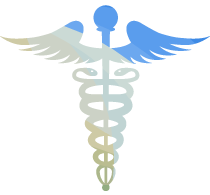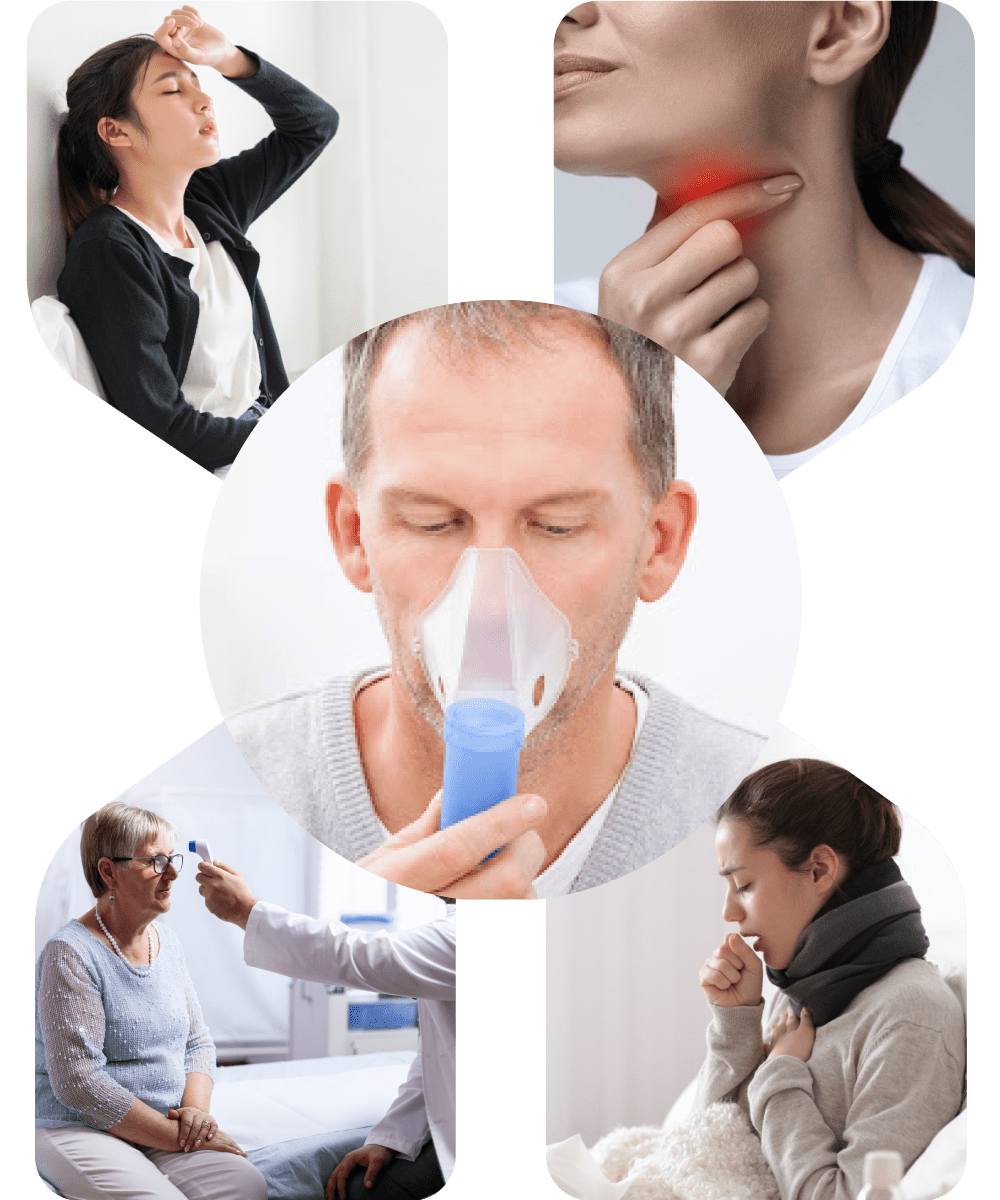
COVID-19 Facts and myths
What is COVID-19?
There is a lot of misinformation about COVID-19 so it’s important to check that the information you use comes from a reliable source such as the World Health Organization or your government health authority.
Coronavirus Disease 2019 (COVID-19) is caused by severe acute respiratory syndrome coronavirus 2 (SARS-CoV-2). COVID-19 was identified in December 2019 and declared a global pandemic by the World Health Organization in March 2020.
Type and severity of symptoms of an active COVID-19 infection vary greatly between individuals depending on the age, gender, and underlying medical conditions.
COVID-19 main symptoms :
- High Fever
- Tiredness
- Shortness of breath
- Dry Cough
- Loss of taste or Smell
- Sore Throat
Other symptoms include: nasal congestion, conjunctivitis (red eyes), sore throat, headache, muscle or joint pain, skin rash, nausea or vomiting, diarrhoea, chills or dizziness. COVID-19 affects different people in different ways. Some people do not have any symptoms and may not even know they have the virus. You can still pass COVID-19 on even if you aren’t showing any symptoms, so it’s important to always follow the prevention advice.
Covid-19 Lab Testing Facilities
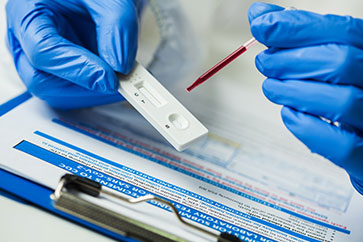
Antigen Tests
Unitl now, the majority of rapid diagnostic tests have been antigen tests. They are taken with a nasal or throat swab and detect a protein that is part of the coronavirus. Antigen tests are less expensive and generally faster.
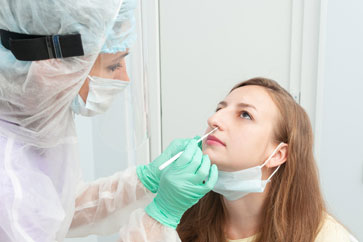
Molecular/PCR Tests
Molecular tests detect genetic material the RNA of the coronavirus and are sensitive enough to need only a very tiny amount of it. sample is collected with a nasal or throat swab and they take hours to provide results.
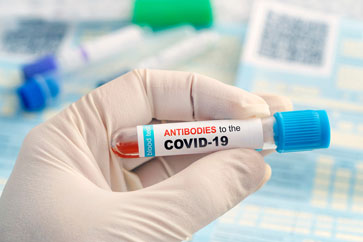
Antibody Tests
These are not considered diagnostic tests that can determine if someone has an active COVID-19 infection. They use blood samples to look for antibodies produced by a person’s immune system to help fight off COVID-19.

Social Distancing
Stay one meter away from people and even further when indoor
Face Mask
Wear mask around others and dispose it properly after using

Wash Hands
Wash hands regularly or use an alcohol-based hand sanitizer

Covid-19 Vaccine
Don't believe on myths, and get vaccine when you are offered
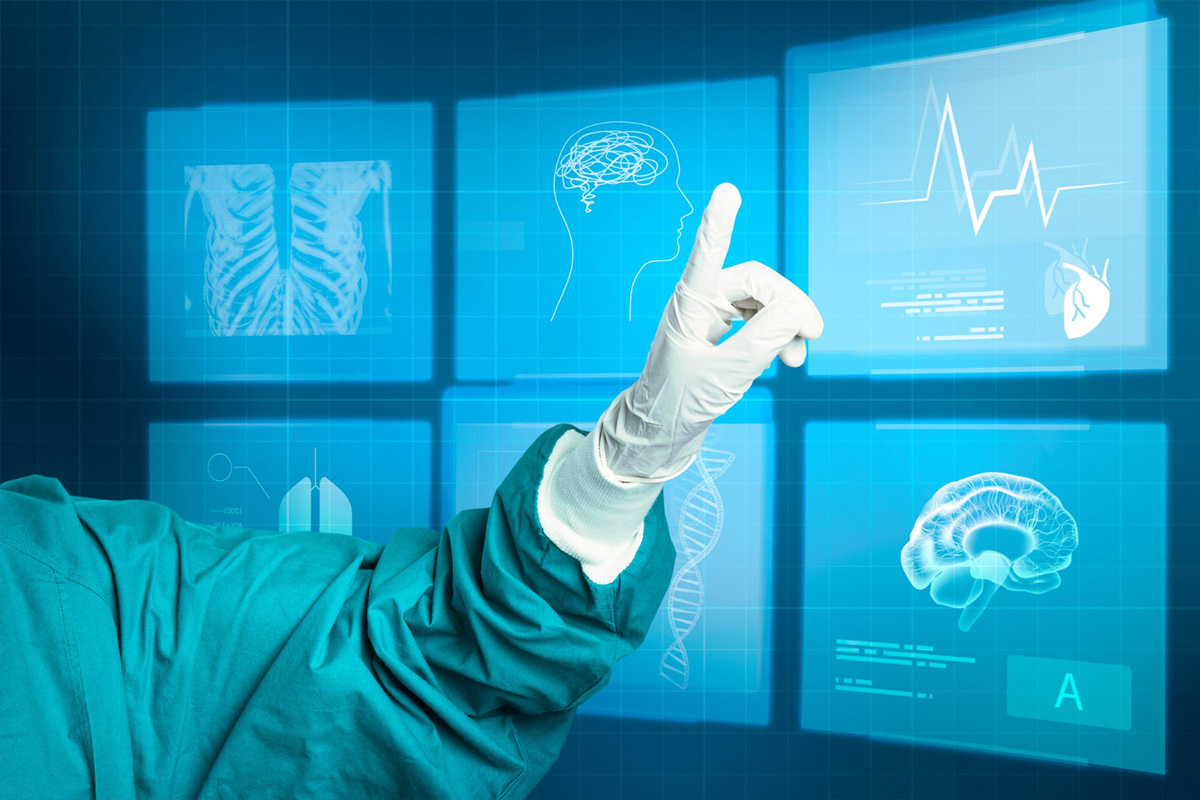
FAQs
Have Questions?
Have questions about laboratory testing? We’re here to help. If you can’t find an answer to your question here or in the articles on this site, please contact us.
Anyone can get COVID-19 and become seriously ill. However, people over 60 years old and those with underlying health conditions such as high blood pressure, heart or lung problems, diabetes or cancer are at a higher risk of developing serious illness.
COVID-19 is passed on through respiratory droplets. These are tiny droplets that come from your nose and mouth when you sneeze, cough, breathe, speak or sing.
You will need to stay at home and self-isolate if you have symptoms of COVID-19 – even if they are mild. Call your local health authority for advice. Don’t visit the clinic, as you could pass the virus onto others.
COVID-19 vaccines work by helping our bodies develop immunity to coronavirus, the virus that causes COVID-19. This means that if you are exposed to the virus, your body will be ready to respond to it and you will be less likely to get seriously ill.

FAQs
Have Questions?
Have questions about laboratory testing? We’re here to help. If you can’t find an answer to your question here or in the articles on this site, please contact us.
Anyone can get COVID-19 and become seriously ill. However, people over 60 years old and those with underlying health conditions such as high blood pressure, heart or lung problems, diabetes or cancer are at a higher risk of developing serious illness.
COVID-19 is passed on through respiratory droplets. These are tiny droplets that come from your nose and mouth when you sneeze, cough, breathe, speak or sing.
You will need to stay at home and self-isolate if you have symptoms of COVID-19 – even if they are mild. Call your local health authority for advice. Don’t visit the clinic, as you could pass the virus onto others.
COVID-19 vaccines work by helping our bodies develop immunity to coronavirus, the virus that causes COVID-19. This means that if you are exposed to the virus, your body will be ready to respond to it and you will be less likely to get seriously ill.
